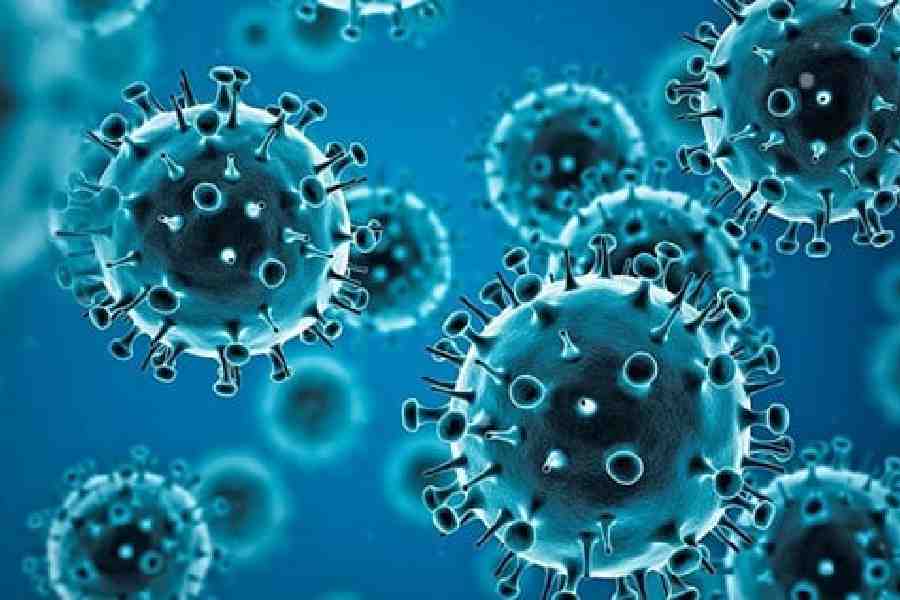Along with raccoon dogs, considered a prime suspect for passing on the COVID-19 virus to humans, civet cats and bamboo rats are among a list of potential 'intermediate' host animals that were sold at Wuhan's seafood market -- the pandemic's epicentre -- and may have served as a conduit for the pathogen, according to a new study.
Bamboo rats, Malayan porcupines, and Amur hedgehogs, who are also included in the list, should be prioritised for knowing their susceptibility to the SARS-CoV-2 virus, known to cause COVID-19, said an international team of scientists, who have published their results in the journal Cell.
The team performed a genetic analysis of over 800 samples collected from the floors, walls and drains of the Huanan Seafood Wholesale market in Wuhan, China, since January 1, 2020.
Also included in the analysis were samples taken from early COVID-19 patients, containing genomes of the SARS-CoV-2 virus, which is known to cause the disease.
The "most complete record" of animal species and their specific populations that could have triggered the pandemic in late 2019, may possibly be "the last big, new set of data directly from the market," according to Michael Worobey, one of the corresponding authors on the paper and head of the Department of Ecology and Evolutionary Biology, University of Arizona, US.
"(The record) gives us clues about the populations that were represented there for each species," he said. "Where in Southeast Asia did they live? Where might they have come from? How many were farmed versus wild-caught and then moved into the transportation networks of illegal wildlife?" The results added to those of a 2023 study by Chinese Center for Disease Control and Prevention (Chinese CDC), that revealed the distribution and prevalence of SARS-CoV-2 in the Huanan Seafood market during the early stages of the pandemic.
While the Chinese CDC team listed animals that were sold at the market at the time, including rabbits and bamboo rats, the authors of this paper said that the 2023 study left unresolved the exact identities of the animal species.
The Chinese CDC study also mentioned that the SARS-CoV-2 virus was detected in samples taken from the environment of the market, including walls and floors, but in none of those taken from animals.
According to the latest analysis, the COVID-19 virus was present in some of the same stalls where animals, including raccoon dogs, civet cats and bamboo rats, were sold at the market.
"The common raccoon dog was the most abundantly detected animal species in market wildlife stalls sampled on January 12 and in the wildlife stall with the most SARS-CoV-2-positive samples," the authors wrote.
Raccoon dogs are known to be susceptible to SARS-CoV-2, shed high viral loads and be able to transmit, they added.
Further, while the susceptibility of civet cats is unknown, the masked palm civet species -- present at the market -- are known to be susceptible, the researchers said.
They called for future studies to look into the susceptibility of bamboo rats, Malayan porcupines, and Amur hedgehogs.
Except for the headline, this story has not been edited by The Telegraph Online staff and has been published from a syndicated feed.










